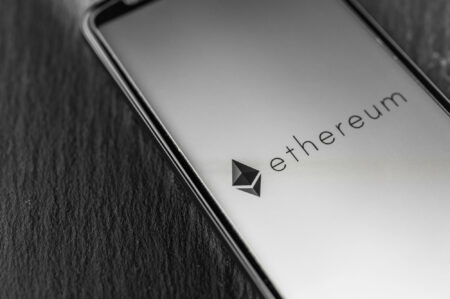What happened this week in the world of blockchain and cryptocurrencies? The most relevant local and international events, along with engaging background reports, concisely summarized in the weekly review.
Selected articles of the week:
In March, Bitcoin surpassed its all-time high from November 2021 for the first time. The increase was primarily fuelled by high inflows into the newly launched spot Bitcoin ETFs. This pushed the price 6.7% above its previous high of $69,000. Over the summer, momentum slowed. Repayments from Mt. Gox and the sale of Bitcoin by the German Federal Criminal Police Office (BKA) added supply to the market. Just in time for the US elections, the price is now back to its all-time high. The next attempt could lead to a sustainable price discovery above USD 73,000.
Zooming into the catalysts. After a seven-month consolidation phase, bitcoin’s price is approaching the all-time high of 73,000 USD.
Inflows are picking up again
Exchange Traded Funds (ETFs) are investment funds that are traded on exchanges like individual stocks. They hold a mix of assets – equities, bonds or commodities – and offer investors a simple and cost-effective way to diversify. For Bitcoin, the ETFs approved in January opened the door to this sector to mainstream investors in the US through a regulated, traditional financial instrument. The opportunity is being seized. Over the month of October, almost USD 4.5 billion flowed into the Bitcoin funds. Since their approval in January, inflows have totalled USD 24.2 billion.
Amid rising Bitcoin prices, spot ETFs broke previous records from June 2024 with inflows of 870.1 million USD.
Little interest in Ethereum
Despite strong demand for Bitcoin ETFs, investor interest in the Ethereum ETFs approved in July is virtually non-existent. The start was disappointing: billions flowed out of Grayscale’s product within days, while the funds of major players such as BlackRock saw minimal inflows. In total, the Ethereum products have seen net outflows of almost USD 500 million. The relatively weak performance of Ethereum ETFs is probably due to several factors. Firstly, the value proposition of Ethereum is far more complex than the simple ‘digital gold’ narrative of Bitcoin. Furthermore, Ethereum’s scaling strategy via layer-2 solutions has proven to be a double-edged sword.
A summarizing review of what has been happening at the crypto markets of the past week. A weekly report in cooperation with Kaiko.
Visa embraces blockchain
Global payments giant Visa and leading US crypto exchange Coinbase have announced instant crypto deposits and withdrawals for Coinbase customers in the United States and the EU. The integration of Visa Direct into the crypto platform will enable users to fund their accounts in real time using their debit cards. The integration is also designed to make it easier for individuals to use their crypto holdings for everyday transactions. This is a further step in the payment giant’s crypto push.
Visa and Coinbase have partnered to offer instant crypto deposits and withdrawals via Visa debit cards, enhancing crypto convenience.
Cardano surrenders
In addition: Cardano is a blockchain platform designed for smart contracts and decentralised applications (dApps). Seven years after its launch, however, the network’s ecosystem lags behind most new platforms. By integrating a layer 2 with Bitcoin, Cardano aims to build on the success of the largest cryptocurrency. Is the founding team giving up on the path as an independent network?
Cardano pivots to expand Bitcoin’s capabilities by integrating smart contracts through the Grail Bridge enhancing Bitcoin’s DeFi ecosystem.









